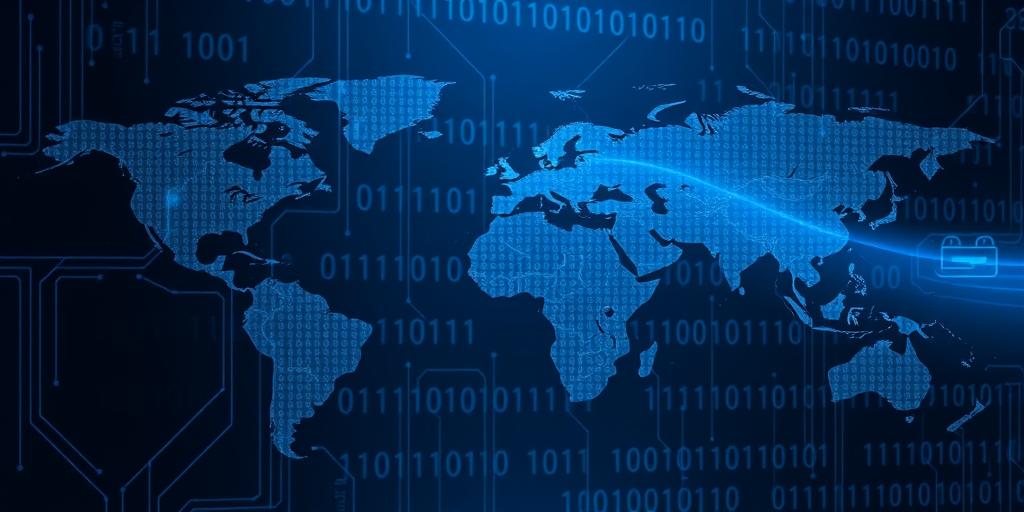Cybersecurity as a Factor in International Relations
In the 21st century, cybersecurity has emerged as a critical factor in international relations. Nations now face threats not just from traditional military actions but also from cyberattacks that can cripple infrastructure, steal sensitive data, and disrupt political processes. This article explores the multifaceted role of cybersecurity in shaping modern diplomacy and international security.
The Rise of Cyber Warfare
Cyber warfare involves the use of cyberattacks against an enemy state, causing damage comparable to traditional warfare. Nation-states are developing and deploying sophisticated cyber weapons. These weapons can target critical infrastructure such as power grids, water supplies, and communication networks. Examples include the Stuxnet worm, which targeted Iran's nuclear program, and the NotPetya ransomware, which caused billions of dollars in damages globally.
Economic Espionage and Intellectual Property Theft
Cyberattacks are frequently used for economic espionage, where state-sponsored actors steal trade secrets and intellectual property from foreign companies. This can provide a significant economic advantage to the attacking nation while undermining the competitiveness of targeted industries. The theft of intellectual property can stifle innovation and lead to significant financial losses for businesses.
Information Warfare and Political Interference
Information warfare, conducted through cyber means, aims to manipulate public opinion, spread disinformation, and interfere in political processes. State-sponsored actors often use social media platforms to disseminate propaganda, sow discord, and influence elections. Examples include the alleged Russian interference in the 2016 U.S. presidential election and similar campaigns in other democratic nations.
International Cooperation and Treaties
Addressing the challenges posed by cybersecurity requires international cooperation and the establishment of norms and treaties. Various international organizations, such as the United Nations and the European Union, are working to develop frameworks for responsible state behavior in cyberspace. The Budapest Convention on Cybercrime is one of the first international treaties that seeks to harmonize national laws, improve investigative techniques, and increase cooperation among nations.
Challenges in Attribution and Response
One of the significant challenges in cybersecurity is attribution – identifying the perpetrator of a cyberattack. Attackers often use sophisticated techniques to mask their identities and route attacks through multiple countries, making it difficult to pinpoint the source. Even when attribution is possible, responding to cyberattacks can be complex, as nations must consider the potential for escalation and the implications for international relations.
The Role of Cybersecurity in Diplomacy
Cybersecurity is now a regular topic of discussion in diplomatic engagements between nations. Governments are negotiating agreements on cyber norms, information sharing, and joint responses to cyber threats. Cybersecurity concerns also influence trade relations, as nations may impose restrictions on technology imports or investments from countries with lax cybersecurity standards.
Conclusion
Cybersecurity has fundamentally altered the landscape of international relations. As nations become increasingly reliant on digital infrastructure, the potential for cyberattacks to cause significant harm grows. Addressing these challenges requires a multi-faceted approach that includes strengthening national cyber defenses, fostering international cooperation, and establishing clear norms of behavior in cyberspace. The future of international security will depend, in part, on how effectively the global community can manage the risks and opportunities presented by cybersecurity.









